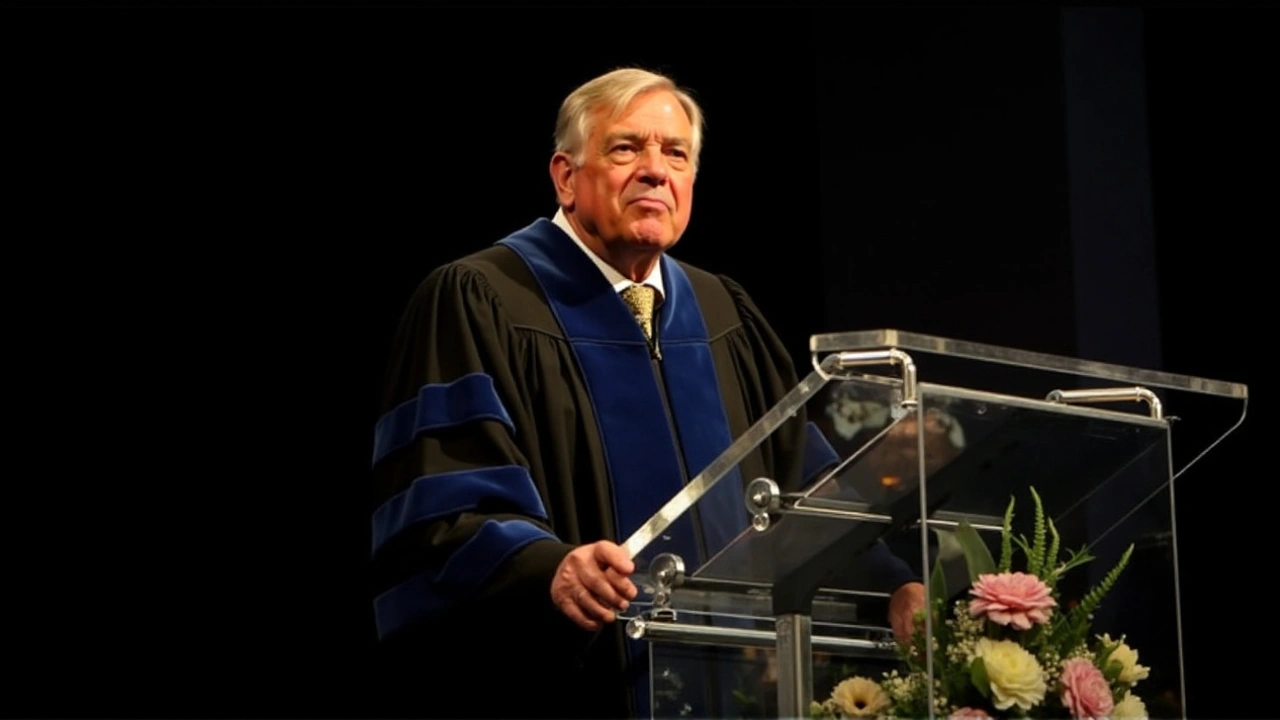Cyril Ramaphosa – Who He Is and What He Does
When you hear the name Cyril Ramaphosa, you’re probably thinking about the man who leads South Africa today. He’s the former trade union boss turned businessman who stepped into the presidency in 2018 after Jacob Zuma left office. In plain talk, Ramaphosa is the face of South Africa’s political scene.
Political Journey
Ramaphosa started out as a student activist in the 1970s, then rose through the ranks of the African National Congress (ANC). He helped negotiate the end of apartheid and was a key figure at the 1993 multi‑party talks. After the first democratic elections, he moved into business, building a fortune in mining, telecoms, and banking. That mix of politics and business gives him a unique perspective on what the country needs.
In 2012 he became the ANC’s deputy president, and when Zuma’s term collapsed, the ANC elected Ramaphosa as president. He promised to clean up corruption, get the economy moving, and restore public trust. Voters were hoping his business background would translate into jobs and growth.
Key Policies and Challenges
Since taking office, Ramaphosa has pushed a rollout of the “National Development Plan,” aiming to cut unemployment and improve infrastructure. He’s also focused on land reform – a hot topic that tries to balance historic injustice with investors’ confidence. The goal is to hand over land without scaring away capital.
Energy is another big arena. South Africa’s power utility, Eskom, has struggled with outages and debt. Ramaphosa promised to stabilize the grid, attract private investment, and move toward renewable sources. Progress has been slow, and many South Africans still face load‑shedding.
On the global stage, Ramaphosa has tried to strengthen ties with China, the EU, and the United States. He wants more trade deals and foreign investment, while also sounding the alarm on issues like climate change and regional security.
Critics say his reforms haven’t moved fast enough. Corruption scandals still surface, and the unemployment rate remains stubbornly high. Supporters argue that turning around a struggling economy takes time and that the pandemic made things tougher.
What does this mean for everyday people? If Ramaphosa’s policies work, you might see more reliable electricity, better roads, and new jobs in sectors like renewable energy. If they stall, the frustration over power cuts and joblessness could grow.
Ramaphosa also uses social media to connect directly with citizens, answering questions and explaining decisions. This direct line helps some people feel heard, even if they disagree with his choices.
Looking ahead, the big questions are: can he keep the ANC united, finish the land reform without a market panic, and finally get Eskom back on track? The answer will shape South Africa’s future for years to come.
So, whether you’re a South African watching the news or someone curious about African politics, Cyril Ramaphosa’s story is a mix of hope, controversy, and the everyday challenges of leading a large, diverse nation.

10
Oct
Ray McCauley, the influential founder of Rhema Bible Church, has died at 75. South Africa's President Cyril Ramaphosa expressed his condolences, highlighting McCauley's profound impact on the religious community. McCauley's death was announced on October 9, 2024. His enduring legacy in South Africa's religious landscape is cherished by many. The cause of death remains unspecified.
Read More
